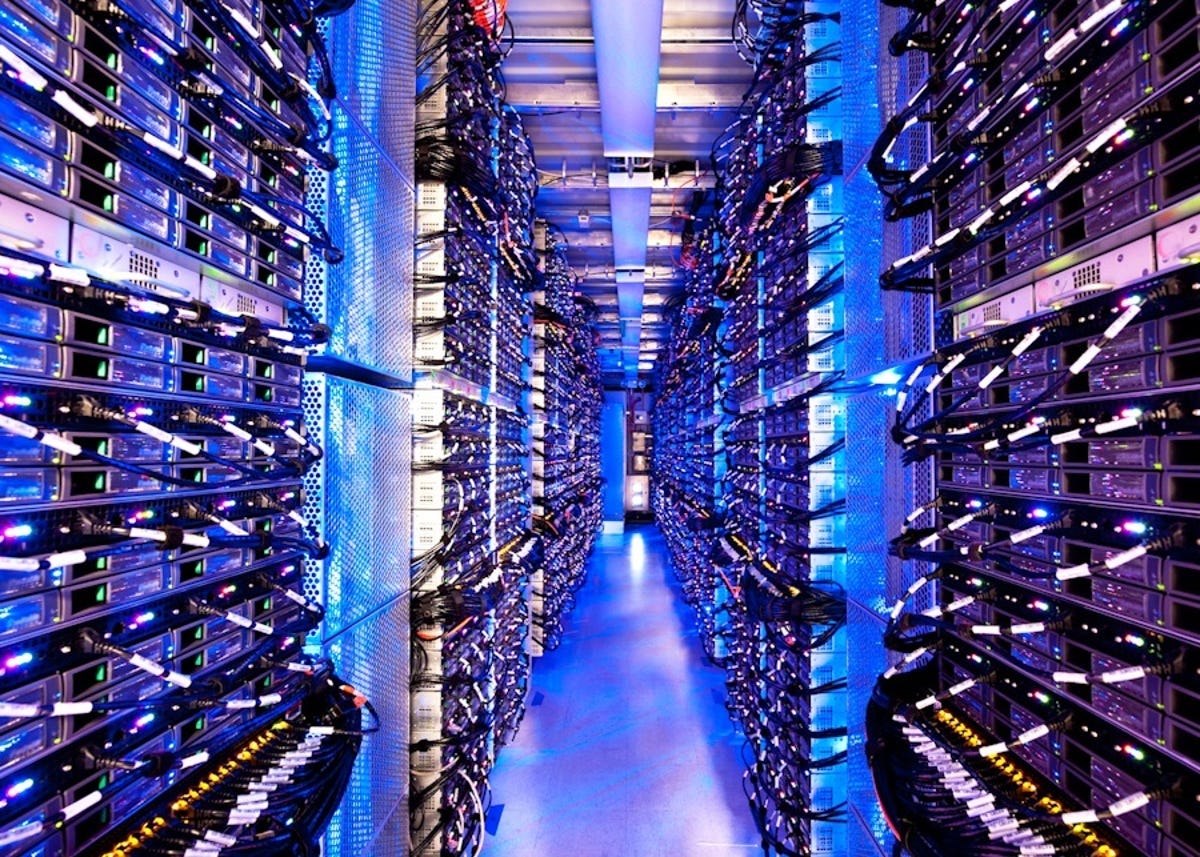 US power utility Constellation has agreed to significantly reduce the carbon footprint of one of Microsoft’s data centres in Boydton, Virginia. The centre will receive up to 35% in environmental attributes from nuclear power, complementing purchases of new wind and solar. Some 60% of the capacity of Constellation's 32,400 MWe power generation – and more than 86% of its output – comes from nuclear. The company says it produces 10% of all clean power on the US grid, and is the USA's largest producer of carbon-free energy.
US power utility Constellation has agreed to significantly reduce the carbon footprint of one of Microsoft’s data centres in Boydton, Virginia. The centre will receive up to 35% in environmental attributes from nuclear power, complementing purchases of new wind and solar. Some 60% of the capacity of Constellation's 32,400 MWe power generation – and more than 86% of its output – comes from nuclear. The company says it produces 10% of all clean power on the US grid, and is the USA's largest producer of carbon-free energy.
The agreement means Microsoft is approaching its goal of operating the data centre using 100% carbon-free electricity offering proof that hourly, regional matching of clean energy to demand is both practical and feasible with suitable infrastructure and energy innovation.
Microsoft will track its performance using Constellation’s hourly carbon-free energy (CFE) matching platform, which delivers state-of-the-art accounting to demonstrate environmental results. Hourly CFE matching is a relatively new Constellation product that leverages software technology to help customers establish and achieve their environmental goals. Constellation is now using its Microsoft Azure-based hourly matching CFE platform and retail structuring expertise to design flexible and comprehensive solutions for customers seeking to match their power demands with regional carbon-free energy.
"Constellation and Microsoft have been working collaboratively for several years to pioneer this technology, so it is fitting that Microsoft is one of our first hourly CFE matching customers," said Constellation Executive Vice-President & Chief Commercial Officer Jim McHugh. "We are confident this agreement will demonstrate the value and impact of hourly matching in the fight to address the climate crisis."
Adrian Anderson, general manager of renewable and carbon free energy at Microsoft said. “Our collaboration with Constellation makes real-time matching of regional clean power generation and demand available to all companies that want to advance the energy transition.”
Before the evolution of hourly matching, much of the clean energy procured by US companies to reduce their use of generation from fossil fuels was produced elsewhere, at a different time of day, month or even year. offering no real guarantee that clean, carbon-free power was being used.
US companies have also used renewable energy certificates (RECs) to reduce their emissions by matching their energy use with non-emitting sources. However, annualised RECs do not ensure the energy being used by a customer is carbon-free at the time it is being used, according to Constellation.
Image: Internal view of a Microsoft data centre (courtesy of Microsoft)



